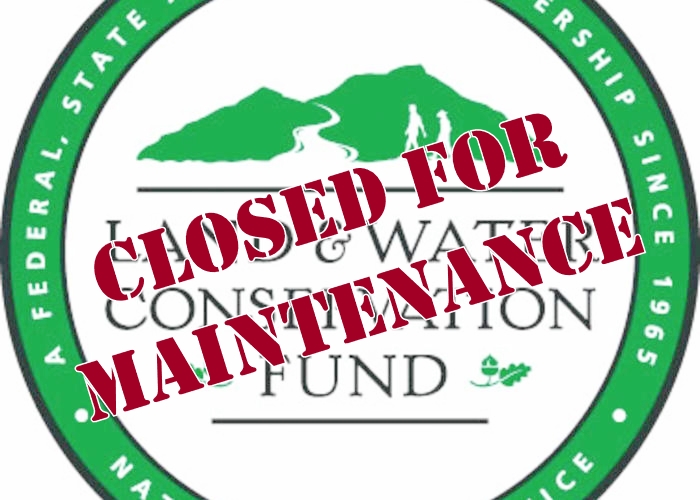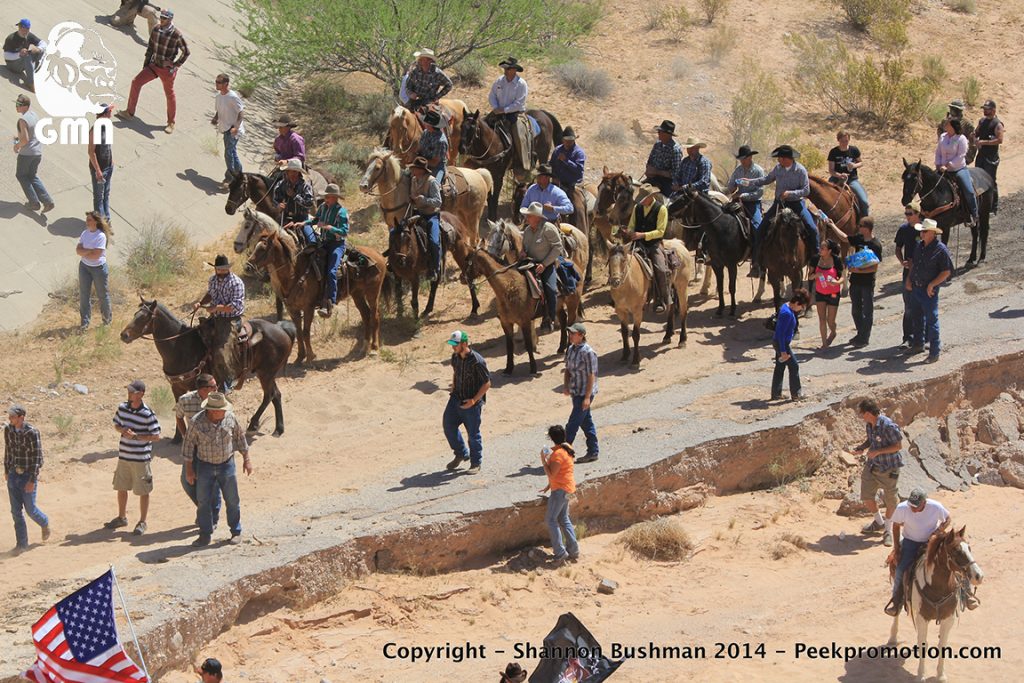Feds urge against Supreme Court review of Hage dispute
Capital Press

The federal government is urging the U.S. Supreme Court not to review its lawsuit with deceased Nevada rancher Wayne Hage, an icon of the “Sagebrush Rebellion.”
Hage’s decades-long battles with federal agencies have become emblematic of the broader resistance to government management of public lands.
His son, Wayne N. Hage, and estate have asked the nation’s highest court to review a ruling by the 9th U.S. Circuit Court of Appeals that overturned a significant victory for the family.
The U.S. Department of Justice has requested that the Supreme Court let that decision stand because there’s not a significant legal controversy that would justify such a review.
A significant and convoluted legal point is whether the U.S. Forest Service and U.S. Bureau of Land Management denied Hage’s family access to their water rights on public lands.
In 2013, a federal judge held that the agencies had engaged in a “conspiracy” to deprive Hage of his water rights and due process rights, but the 9th Circuit reversed that opinion.
The 9th Circuit found that Hage’s cattle could not cross federal property unless he had a grazing permit, which meant he committed trespass by allowing cattle to access the family’s water rights on public land.

Hage’s family is now seeking asking the U.S. Supreme Court to analyze that decision because it diverges from another appellate ruling by the U.S. Court of Appeals for the Federal Circuit.
Attorneys for Hage argue that the 9th Circuit contradicted legal precedent that allows cattle to access water rights across the West, which was affirmed by the Federal Circuit in regard to Hage.
Department of Justice attorneys, on the other hand, claim there is no conflict between federal appellate courts because the Federal Circuit found that government-installed fencing did not block Hage’s cattle from accessing water.
Mark Pollot, attorney for Hage’s estate, said this interpretation is incorrect because fencing wasn’t his only obstacle to water rights — the federal government also threatened Hage with prosecution.
“There is a vast gulf between what the 9th Circuit said and what the Federal Circuit said,” Pollot said.
Free Range Report




Comments
Comments are closed.